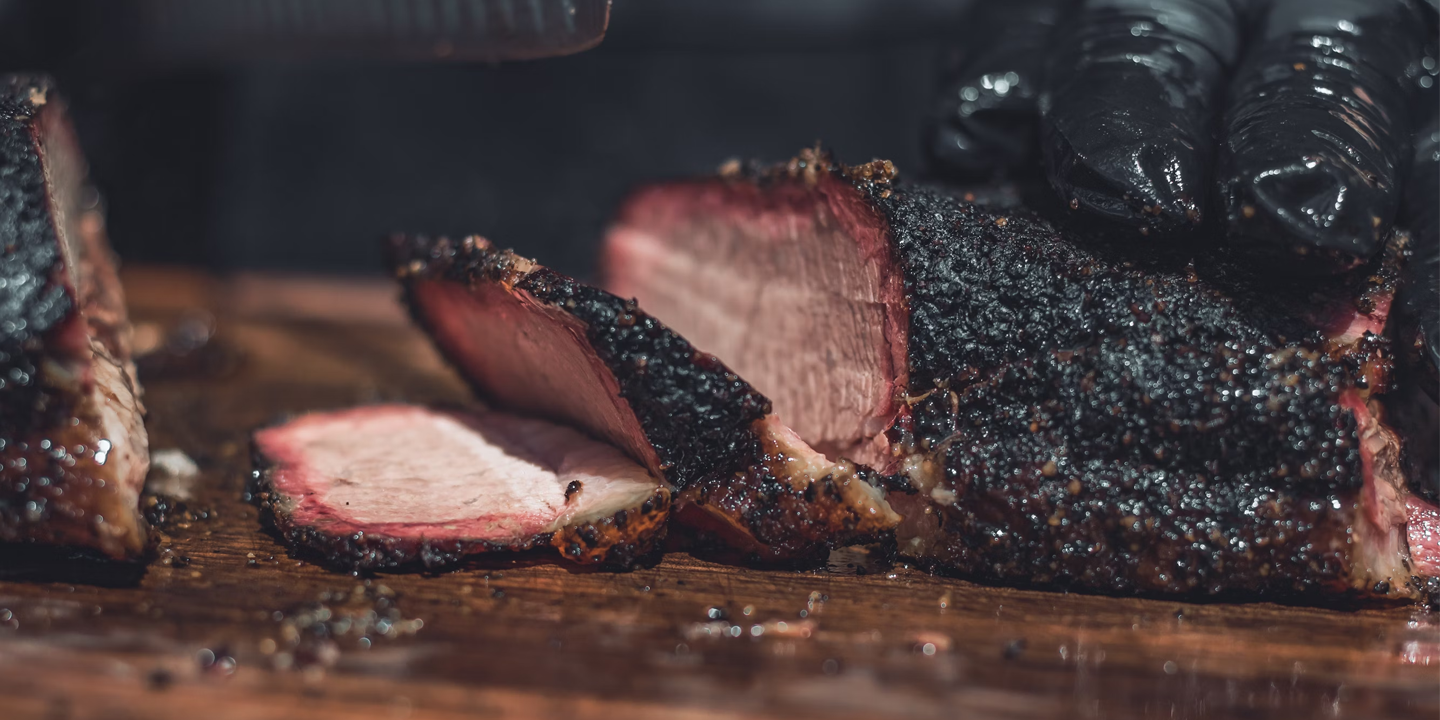Natural Relief
More Americans than ever before are experiencing heart-related issues, and this problem is just getting worse with time. Diet is often responsible for clogged arteries and poor blood pressure. To improve your health, consider incorporating these heart-healthy ingredients into your diet, as many of them are known to naturally improve cholesterol and blood pressure!
 PublicDomainPictures on Pixabay
PublicDomainPictures on Pixabay
1. Blueberries
When it comes to snack time, you’re going to want a bowl of blueberries next to you. Not only are they fun to eat fresh or frozen, but they are also full of heart-healthy phytonutrients. This, paired with their internal antioxidants, makes them quite healthy.
2. Black Beans
Black beans have a lot of benefits aside from heart health, as they’re a great source of fiber and help with longevity. But when it comes to the heart, their high magnesium content and internal antioxidants are known to relieve blood pressure and lower cholesterol. So, throw them into your next soup, chili, or taco.
3. Tuna
Most fish are full of omega-3 fatty acids, which have numerous health benefits. However, tuna stands out as it can aid in reducing triglycerides and inflammation. So maybe next time you’re making a sandwich, consider a tuna salad with a drizzle of olive oil.
4. Walnuts
Another easily accessible and healthy snack food to indulge in is walnuts.
They’re surprisingly rich with omega-3 fatty acids as well. Some people may worry about their high fat content, but these fats are relatively healthy and support arteries and improve cholesterol levels.
5. Spinach
Spinach is a versatile ingredient that can be used in everything from salads to smoothies to omelettes. No matter how you eat your spinach, it’s something you want to work into your meal. This is because spinach is loaded with nitrates, which can help lower blood pressure.
6. Fresh Herbs
Most dishes benefit from a sprinkling of herbs, and there are so many to choose from. Next time you buy herbs, opt for fresh ones, and go for ingredients like basil or parsley. This is because these fresh herbs have antioxidants and can also naturally take the place of sodium-heavy seasonings.
7. A Little Red Wine
Wine certainly has some negative connotations and drinking too much is still bad for you. However, a very small amount, such as 1 glass a few times a week, has been found to protect arteries. This is likely due to resveratrol and flavonoids within the drink.
 Lefteris kallergis on Unsplash
Lefteris kallergis on Unsplash
8. Olive Oil
Olive oil is an essential part of any healthy diet and should be your go-to cooking oil instead of butter or other oils. You can also sprinkle it over dressing or throw it into any meal for extra flavor.
What makes it so healthy is that it’s rich in monounsaturated fats that reduce LDL cholesterol.
9. Edamame
You can conveniently grab frozen edamame from most grocery stores, or get it served up as an appetizer next time you order sushi. It’s typically steamed and is high in plant proteins and fibers. Additionally, it contains isoflavones, which are known to lower cholesterol.
10. Dark Chocolate
The go-to dessert for most health-conscious people is dark chocolate. To be exact, we’re talking 70% dark chocolate or higher. This version is full of flavonoids that are known to lower blood pressure and bolster circulation. Consider tossing some dark chocolate chips on top of your oatmeal or yogurt.
11. Tofu
Another plant protein worth stocking up on is tofu, which is a viable option as a stir-fry or even baked. It’s made up of soy protein, which is known to lower LDL cholesterol. Additionally, it’s low in saturated fats, so you can eat this with a clean conscience.
12. Barley
If you’re looking for a rice substitute, then barley may come to mind. It’s full of beta-glucan fiber, which reduces cholesterol. It can also help regulate blood sugar, so maybe try making a barley risotto next time you’re craving carbs.
13. Lettuce
Lettuce is the cornerstone of most salads, but it also works great inside a sandwich or tortilla.
You’ll want to incorporate this ingredient into your diet as much as possible, as it’s low in calories and high in fiber. Plus, it has the antioxidants needed to support artery function and manage blood pressure.
14. Cherries
Cherries are another light and delectable snack that has numerous benefits aside from heart health. However, when it comes to the heart, cherries are rich in anthocyanins, which help to reduce inflammation and lower blood pressure. On the flip side, you’ll probably have better sleep too, so it’s a win-win.
15. Almonds
Speaking of better sleep, almonds are known as a healthy source of melatonin, which aids in achieving a restorative and restful sleep. They’re also high in monounsaturated fats and fiber, meaning they also support healthy cholesterol levels. Consider tossing some slivers in your salads or on top of your stir-fries.
16. Sweet Potatoes
Most potato lovers often switch to sweet potatoes when managing their health. They’re just as crisp and tasty and have the same benefits of potassium and fiber. However, sweet potatoes also contain beta-carotene, which is known to promote artery health. Time to make some sweet potato baked fries! Don’t forget to drizzle the olive oil for extra flavor.
17. Oats
Oats are the perfect way to start one’s morning. They’re full of soluble fiber, which will strengthen your digestion and is known to manage appetite and keep you feeling full for longer. Impressively, their beta-glucan content is also known to lower LDL cholesterol.
 micheile henderson on Unsplash
micheile henderson on Unsplash
18. Flaxseeds
Another snack to munch on is flaxseeds, which are rich in everything from omega-3s to fiber. Most people prefer to blend them into their smoothies, but you can try them on yogurt or on your oatmeal as well. In terms of heart benefits, they’re known to reduce blood pressure and cholesterol alike.
19. Oranges
A lot of people experience vitamin C shortage, which is why it’s as important as ever to get some oranges into your diet. These fruits are also loaded with potassium, and not to mention citrus flavonoids, which are effective against inflammation and high blood pressure. If you prefer the juice version, just be sure to get the pure kind with no added sugar.
20. Swiss Chard
If you find lettuce and spinach too boring, then Swiss chard might be the leafy green for you. It’s better cooked and works great in a soup or a stir-fry. It’s also packed with magnesium and antioxidants, which by now you probably know support blood pressure and artery health.

























